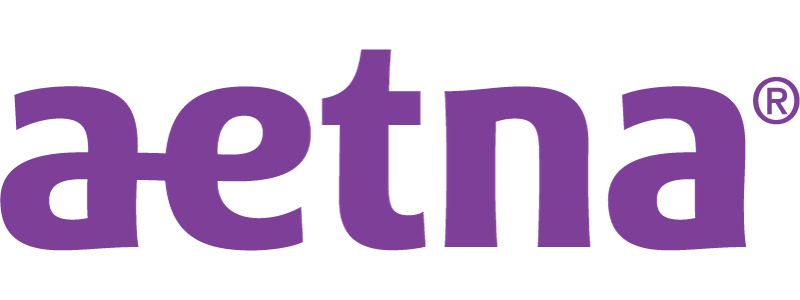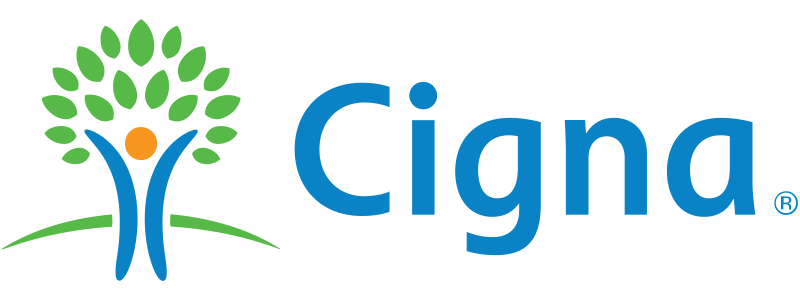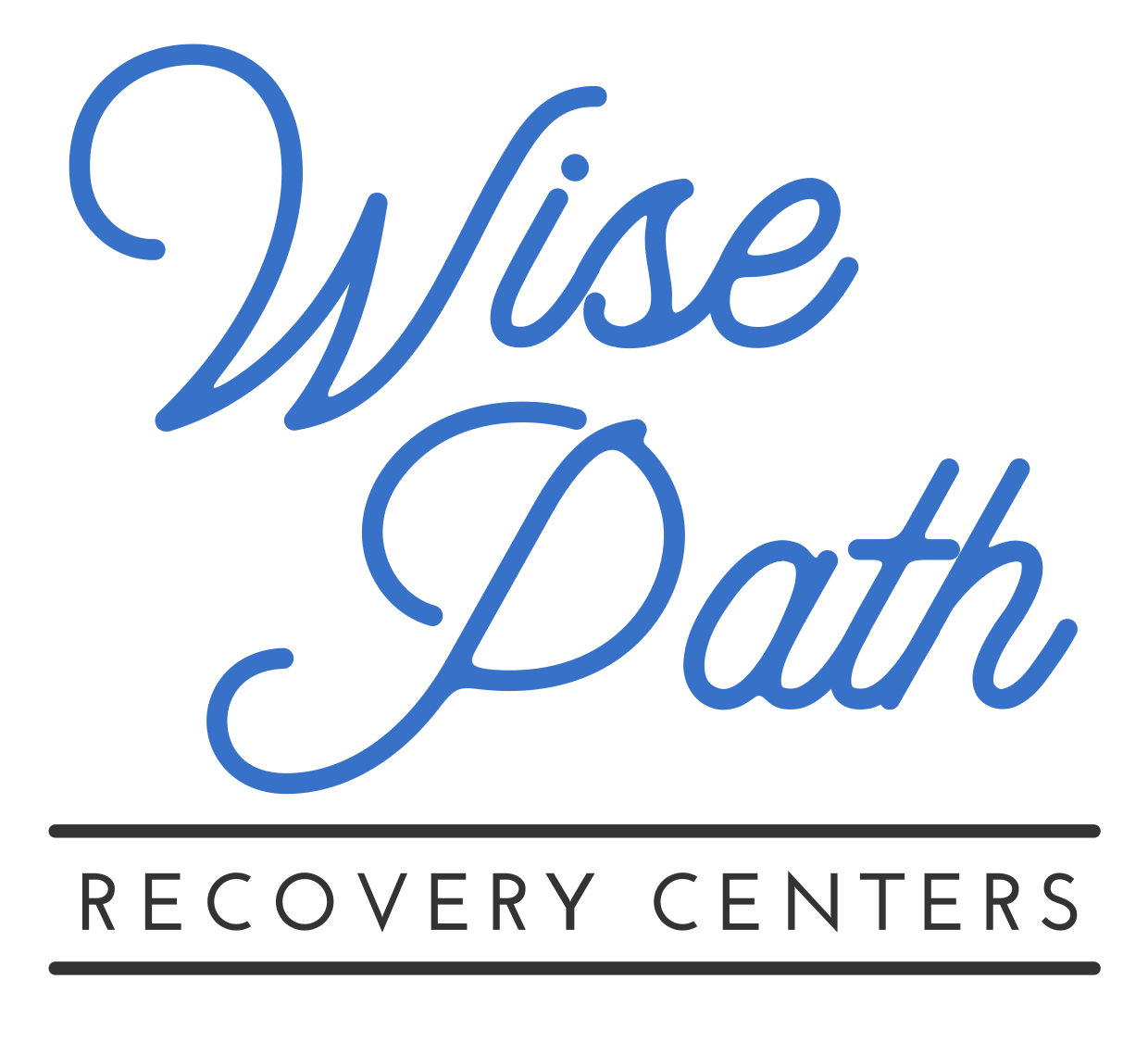Wise Path Recovery Centers ™
MEDICATION-ASSISTED TREATMENT IN WEST VIRGINIA
When Is Medication-Assisted Treatment Used?
Withdrawal from substances can be a difficult journey. As part of your treatment plan, we may prescribe medication that can help ease the discomfort and side effects of detoxification. Because medication-assisted treatment (MAT) is not appropriate in all instances, guests and doctors together will decide the best course of action on an individual basis regarding MAT. According to the National Institute on Drug Abuse, MAT increases the chances a person will remain in treatment, therefore lowering one’s risk of overdose mortality.
We offer the following medications:
Buprenorphine (Suboxone)
Extended-Release Buprenorphine (Sublocade)
Naloxone (Narcan)
Vivitrol

The Effectiveness of MAT
MAT is a highly effective approach to addiction recovery, combining FDA-approved medications with counseling and behavioral therapies. Studies show that MAT reduces cravings, lowers the risk of relapse, and improves long-term recovery outcomes, particularly for opioid and alcohol use disorders. By addressing both the physical and psychological aspects of addiction, MAT helps individuals regain stability and focus on rebuilding their lives. When used as part of a comprehensive treatment plan, it can significantly enhance the chances of sustained sobriety and overall well-being.
Giving You Relief from Symptoms
During the withdrawal process involved with substance use disorder, many patients experience side effects that last a few days. The most common is anxiety or depression, which can interfere with your daily life and recovery. To avoid any distress that might impede your recovery, we may use medication-assisted treatment to treat these symptoms during withdrawal. Some other common symptoms include: flu-like symptoms, hallucinations, seizures, changes to sleep patterns, extreme mood swings, and changes to appetite.


Combining MAT with Therapy
Since addiction is a psychological disorder, it’s important that our clinics help those struggling with addiction address behavioral, social, and personal problems with the help of psychotherapy. Medication helps suppress the cravings and withdrawal symptoms that come with quitting an illicit substance, while psychotherapy helps you understand what led to your substance abuse, how to recognize and avoid triggers, and how to build a sober lifestyle. Together, these treatments can help you achieve long-lasting sobriety.
Some of the therapy modalities we use include:
Cognitive Behavioral Therapy (CBT)
Motivational Interviewing
Dialectical Behavioral Therapy (DBT)
Acceptance and Commitment Therapy (ACT)
Mindfulness-Based Cognitive Therapy (MBCT)
We Accept Most Major Insurance Carriers
Once you’ve submitted the verification form, feel free to contact us if you have any questions about insurance or payment options. Our team is here to assist you and ensure you have the information you need for a smooth admissions process.









FAQs About Medication-Assisted Treatment
What is the new term for medication-assisted treatment?
The updated term is “medications for opioid use disorder” (MOUD), emphasizing the use of FDA-approved medications as a primary treatment. However, “MAT” is still commonly used in clinical and public discussions.
What is the gold standard of medication-assisted treatment?
The gold standard for MAT includes a combination of FDA-approved medications, such as buprenorphine, methadone, or naltrexone, along with counseling and behavioral therapies. This comprehensive approach is proven to improve recovery outcomes and reduce relapse rates.
What is the difference between MAT and OTP?
MAT refers to the broader use of medications combined with therapy to treat substance use disorders, while an opioid treatment program (OTP) is a federally regulated clinic specifically approved to dispense methadone. All OTPs provide MAT, but not all MAT providers operate as OTPs.
Is MAT just replacing one addiction with another?
No, MAT uses controlled, physician-monitored medications to manage withdrawal symptoms and cravings, allowing individuals to focus on recovery. Unlike illicit drug use, MAT medications do not create the same destructive highs and are part of a structured treatment plan.
How long does medication-assisted treatment in West Virginia last?
The length of medication-assisted treatment in West Virginia varies depending on individual needs, with some people using medications for months while others may continue treatment for years. Doctors work with clients to determine the best duration for long-term recovery.
Can you stop MAT suddenly?
Stopping MAT suddenly can lead to withdrawal symptoms and increase the risk of relapse. It’s important to taper off under medical supervision when the time is right.
Does insurance cover medication-assisted treatment in West Virginia?
Many insurance plans, including Medicaid and private insurers, cover MAT, but coverage details vary. Checking with your provider and treatment center can help clarify costs and eligibility. Wise Path Recovery Centers accepts most major insurance carriers.
Is MAT safe for pregnant women?
Yes, medication-assisted treatment in West Virginia is considered safe and recommended for pregnant women with opioid use disorder, as it helps reduce withdrawal risks and improves maternal and fetal health outcomes. Methadone and buprenorphine are the primary medications used during pregnancy.
Can you get MAT at any treatment center?
Not all treatment centers offer MAT, as it requires specific licensing and medical oversight. It’s best to confirm with a facility whether they provide FDA-approved medications as part of their treatment options. At Wise Path Recovery Centers, we offer this specialized service.
Does MAT work for alcohol addiction?
Yes, MAT can be used to treat alcohol use disorder with medications like naltrexone, acamprosate, and disulfiram. These medications help reduce cravings and prevent relapse when combined with counseling and support.
